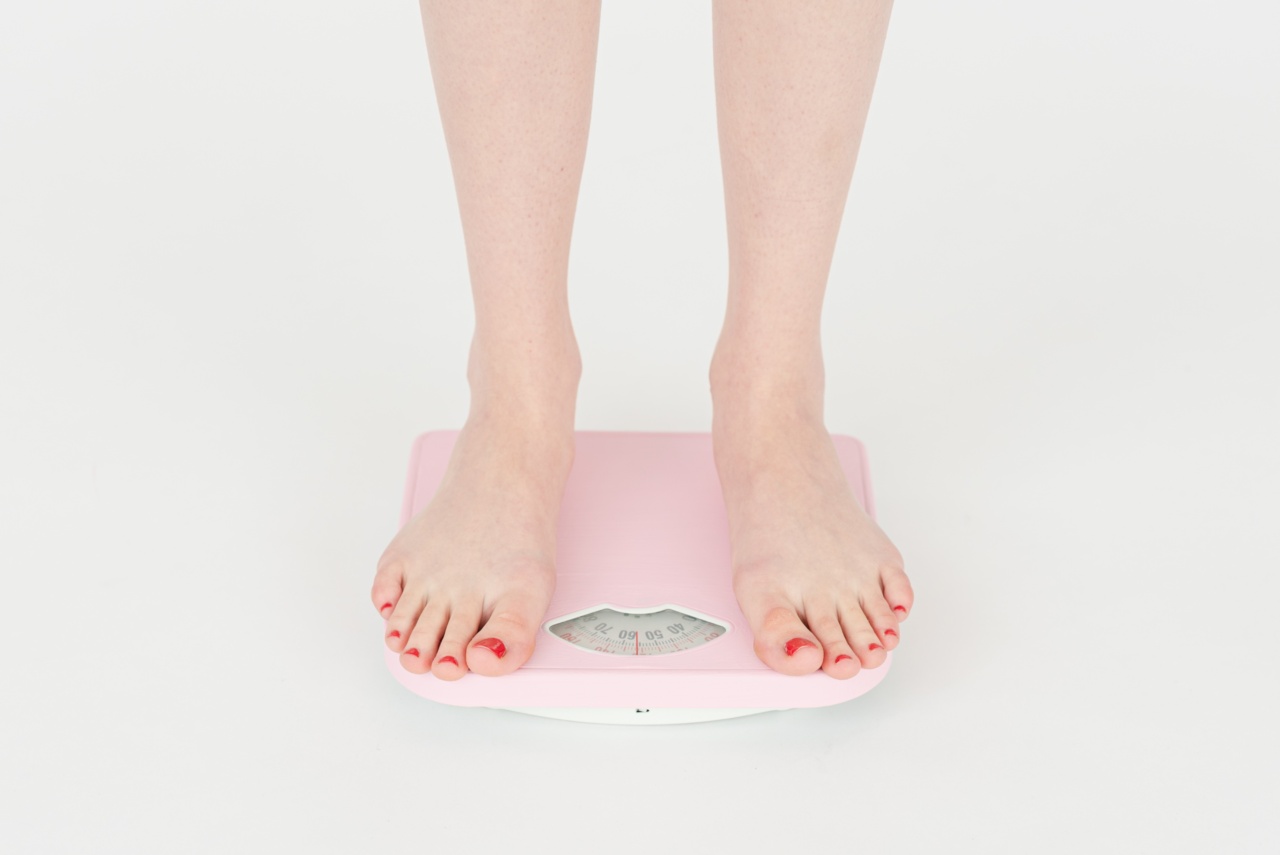High blood pressure, also known as hypertension, is a common condition that affects millions of people worldwide. It occurs when the force of the blood against the walls of the arteries is consistently too high.
This can lead to various health complications if left untreated, including heart disease, stroke, and kidney problems. Recent research has also found a significant link between high blood pressure and dementia, a progressive brain disorder that affects memory, thinking, and behavior.
In this article, we will explore the connection between high blood pressure and dementia, as well as discuss the importance of managing blood pressure for brain health.
H2: Understanding Dementia
Dementia refers to a group of symptoms that affect brain function and cognitive abilities severely.
It is not a specific disease but rather an umbrella term for various conditions, including Alzheimer’s disease, vascular dementia, Lewy body dementia, and frontotemporal dementia. The most common symptom of dementia is memory loss, but it can also lead to difficulties with language, problem-solving, and performing everyday tasks.
The progression of dementia varies from person to person, but it generally worsens over time, affecting a person’s independence and quality of life.
H2: The Link Between High Blood Pressure and Dementia
A growing body of evidence suggests that high blood pressure in midlife is associated with an increased risk of dementia in later years.
A study published in the Journal of the American Medical Association (JAMA) found that individuals with high blood pressure in their 40s had a significantly higher risk of developing dementia later in life. Another study published in the European Heart Journal showed that high blood pressure in midlife increased the risk of Alzheimer’s disease by 46% and vascular dementia by 62%.
These findings highlight the importance of blood pressure management for brain health.
H2: How High Blood Pressure Affects the Brain
High blood pressure can have several damaging effects on the brain, increasing the risk of dementia. Firstly, hypertension affects the small blood vessels in the brain, making them become narrow, stiff, or weak.
This can disrupt blood flow and damage brain cells, leading to cognitive impairment. Additionally, high blood pressure is harmful to the heart, which may contribute to the development of conditions, such as atrial fibrillation, that can cause strokes. Strokes, in turn, are a significant risk factor for vascular dementia.
H2: Managing High Blood Pressure for Brain Health
Controlling high blood pressure is crucial for maintaining brain health and reducing the risk of dementia. Here are some strategies that can help:.
H2: Regular Blood Pressure Monitoring
It’s important to monitor blood pressure regularly, especially as we age. Regular check-ups with a healthcare professional can help identify any potential issues and ensure early intervention.
H2: Healthy Diet
A balanced diet that is rich in fruits, vegetables, whole grains, lean proteins, and low-fat dairy products can help lower blood pressure. Limiting the intake of sodium (salt), saturated fats, and cholesterol is also important.
H2: Regular Physical Activity
Engaging in regular exercise is beneficial for both cardiovascular and brain health. Aim for at least 150 minutes of moderate-intensity aerobic activity or 75 minutes of vigorous aerobic activity per week.
H2: Stress Management
Chronic stress can contribute to high blood pressure. Incorporating stress-reducing activities, such as meditation, deep breathing exercises, or hobbies, into your daily routine can help manage stress levels.
H2: Limit Alcohol Consumption
Excessive alcohol consumption can raise blood pressure levels. It is recommended to limit alcohol intake to moderate amounts, which means up to one drink per day for women and up to two drinks per day for men.
H2: Maintain a Healthy Weight
Being overweight or obese increases the risk of high blood pressure. Adopting a healthy lifestyle, including a balanced diet and regular physical activity, can help achieve and maintain a healthy weight.
H2: Medication and Treatment
If lifestyle changes alone are not enough to control blood pressure, medication may be necessary.
There are various types of antihypertensive medications available, and it’s important to work with a healthcare professional to find the most suitable option.
H2: Conclusion
High blood pressure is a significant risk factor for dementia, including Alzheimer’s disease and vascular dementia. Understanding the link between hypertension and dementia highlights the importance of managing blood pressure for brain health.
By adopting a healthy lifestyle, monitoring blood pressure regularly, and seeking appropriate medical treatment if needed, individuals can reduce the risk of developing dementia and improve overall brain function.




























